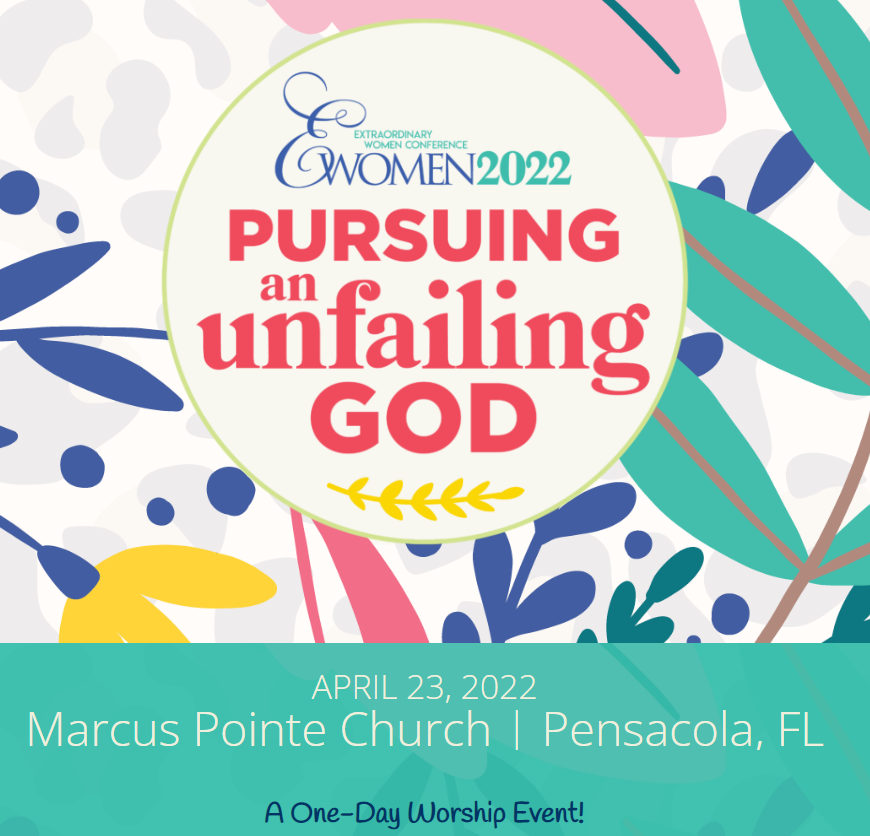

Years later an amazing opportunity opens up for her to follow her dream to be a professional writer. In this piece Cristin talks about her roots, falling in love with slam poetry and her new home New York City, she meets a fellow poet and begins a fourteen year romance. Writer, performer and historian Cristin O'Keefe Aptowicz's new book "The Year of No Mistakes" chronicles the aftermath of the breakup of her long-term relationship. Two short poems, "Debbie" and "Eating the Whole," from poet and publisher Derrick Brown, a traveling poet as well as the publisher of Write Bloody Publishing. Then, Al interviews Ayodele about the craft of writing and how he got into poetry. Performance poet and author Ayodele Heath performs "Things My Father Gave Me (Which I Never Asked For)," a poem about all the things an African-American father passes down to his son. Incue: I'm Al Letson and you are listening to In "Day Two," Kevin reflects on his time working as a substitute teacher and wanting the kids to stand up for something important.

We hear a poem by slam poet and Kevin Burke. In between the friction between Letson and a sheriff, both of them learn the power of words. Americus wasn't exactly ready for a big group of diverse poets. Outcue: on State of the Re:Union's poetry special.Īl kicks off the episode with a personal story, about being at a large poetry gathering in a small Southern town, Americus, Georgia. Incue: From WJCT in Jacksonville, Florida. We talk to poets from all over the country about the craft, the lifestyle, the resurgence of poems, and of course, hear some incredible poetry. When Words Matter: A National Poetry Month SpecialĮpisode Description: In this National Poetry Month special, SOTRU explores all facets of poetry and its influence in host Al Letson's life. We’ll hear about this movement from poets who participated, like Sharon Olds, Judy Grahn, Sonia Sanchez, Susan Griffin, as well as archival audio from some of the leading poets of the time. In the face of continuing sexism in the literary establishment, women poets began forming their own informal communities, with readings, magazines, bookstores, workshops and mentorships. It was courageous in the sense that none of these three poets would ever be accepted or considered in the same way again.”

When Adrienne Rich won the National Book Award for Poetry in 1974, she accepted on behalf of her fellow nominees Audre Lorde and Alice Walker. Yet they still didn’t have mainstream literary approval. We’ll also hear about the radical sexual and psychological candor of Plath’s friend, Anne Sexton.īy the 1970s women poets were publishing a huge variety of poetry that simply was not imaginable a decade earlier. We’ll hear from Plath herself and from women poets who were coming up during the 1960s. In poetry, it was Sylvia Plath’s posthumous book “Ariel,” which electrified a generation of women poets.

As poet Alicia Ostriker says, "For the first time in the history of writing, which is about 4000 years or so, women could write without fear, without constantly looking over their shoulder to see if they were going to be approved of by men.” How did this come about?īetty Friedan’s “The Feminine Mystique” was a primary catalyst of The Women’s Movement. "A Change of World" tells the story of how poets who were swept up in the Women’s Movement of the 1960s and 70s radically changed American poetry.


 0 kommentar(er)
0 kommentar(er)
